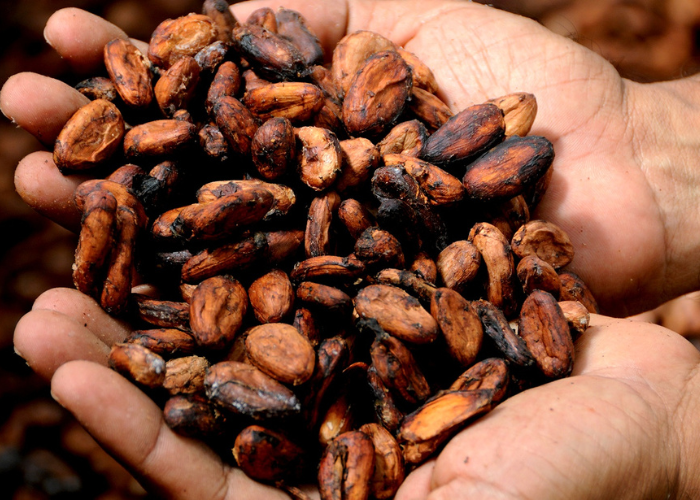EUDR and chocolate: will the industry be able to adapt?BY ALVARO CORONA
- 1 August 2023
- Posted by: Competere
- Categories: highlights, News, SUSTAINABLE NUTRITION

In late June the EU Deforestation-free Regulation (EUDR) was officially in action and operators now have 18 months to implement proper methods to meet the regulation. This cross-commodity policy applies to a range of resources that have proven to contribute to deforestation in the past; such commodities include cacao, cattle, coffee, palm oil, rubber, soy, wood, and other derived products. It mandates that products containing these resources must demonstrate that they are not linked to deforestation before entering the EU market.
COCOA SECTOR
DIFFICULTIES OF IMPLEMENTATION
The EUDR requires that the cocoa must be traceable, deforestation-free, and in compliance of local laws. This means that companies with cocoa products such as chocolate companies must complete due diligence to mitigate any risks. Similar to other commodities, the implementation of monitoring systems has proven difficult. Since 2017, the CFI has been able to reach 72% traceability, but it forces us to question; why has it taken 6 years to reach 72% traceability? Will the industry be able to reach 100% in the next 18 months? Despite the availability of monitoring technology, many companies are failing to capitalize on these tools to track deforestation across their supply chains. There is a positive trend in addressing the issues faced in the cocoa sector however companies must enhance their policies and practices to reach 100% traceability. The EUDR in combination with other movements will hopefully accelerate the progress of deforestation-free and transparent supply chain in the cocoa industry.
.
>> Read Tackling traceability: exploring opportunities and challenges under the EUDR <<
